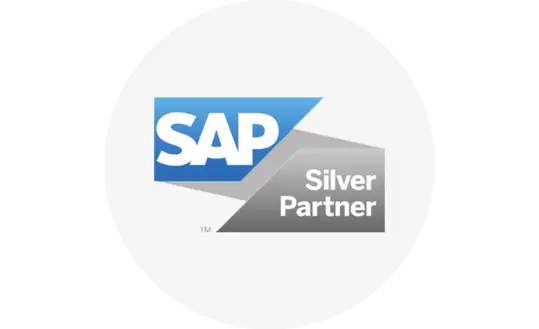VAT Risks Lurking in Procurement Transactions and AP Processes
Value added tax (VAT) is a tax on revenue rather than on profit. This is an important distinction to recognize, especially when VAT calculation errors occur. In these instances, companies may be required to remit an additional portion of revenue to tax authorities. While paying extra tax amounts on profit can have negative consequences, an additional revenue-based tax liability almost always results in larger hits to a company’s financial health. Because tax audits generally cover multi-year periods, even small VAT calculation errors can eventually translate to massive monetary amounts.
That’s why calculating the correct VAT on purchases should be a priority for all procurement departments as well as their counterparts in the accounts payable (AP) and tax functions. All VAT on purchases (or “input VAT”) that is incorrectly deducted is added back to the company’s tax liability; penalties also may be applied on top of the tax underpayment.
Disclaimer
Please remember that the Vertex blog provides information for educational purposes, not specific tax or legal advice. Always consult a qualified tax or legal advisor before taking any action based on this information. The views and opinions expressed in the Vertex blog are those of the authors and do not necessarily reflect the official policy, position, or opinion of Vertex Inc.
Watch our Webcast on Real-Time VAT Validation in SAP Ariba
See how Vertex's VAT validation and reporting on invoices can reduce VAT risk in SAP Ariba.
The best and, really, the only way to prevent this from happening is to ensure that input VAT has been correctly determined by checking purchase invoices against compliance with all relevant tax rules. Relying on vendors to conduct this determination can be risky, of course, in part because vendors commit invoicing errors. There have been numerous cases where companies accepted incorrect invoices, deducted input VAT and then were subsequently required to make significant additional payments following a tax audit.
The importance of accurate VAT determinations was driven home in a judgment issued by the Court of Justice of the European Union (CJEU) regarding a dispute between construction company PORR Építési Kft (PORR) and the Hungarian Tax Authority. PORR received several invoices in which VAT was charged and then subsequently deducted this input VAT. However, the tax authority determined these transactions were subject to the reverse charge mechanism and, as a result, no VAT should have been charged in the invoices. Consequently, PORR’s right to deduct the input VAT was denied since the right to deduct is limited to taxes that are duly charged. The tax authority claimed that PORR could have requested its suppliers to correct their invoices. The CJEU agreed with the Hungarian tax administration and concluded that PORR could not deduct the VAT charged to it in error by its suppliers.
This case highlights the importance of validating purchase transactions from a VAT perspective. A new Vertex Webinar examines tools and techniques that can help companies more effectively verify and validate their vendors’ VAT charges in real-time for accurate reporting. The session, “Real-Time VAT Validation on Invoices in SAP Ariba,” takes place Sept. 12, and more information about the event is available here.
Disclaimer
Please remember that the Vertex blog provides information for educational purposes, not specific tax or legal advice. Always consult a qualified tax or legal advisor before taking any action based on this information. The views and opinions expressed in the Vertex blog are those of the authors and do not necessarily reflect the official policy, position, or opinion of Vertex Inc.
Explore more Resources from our Industry Influencers:
Learn about our SAP Partnership
We've partnered with SAP for over 25 years, enabling over 900 mutual clients to benefit from automated tax solutions that enable more accurate and consistent taxation across the enterprise and around the world.
Learn More
